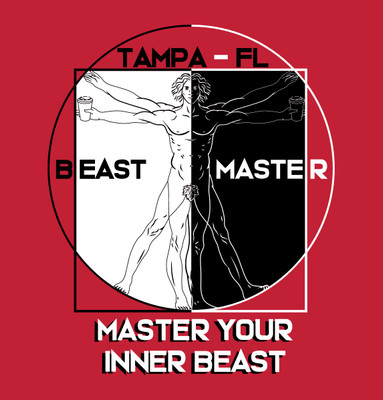Beast Master Coffee
Jeremy Denny on 8th Jul 2021
Beast Master Coffee Crafter roast select specialty grade coffee grown within a single known geographic origin in the “coffee belt” from all over the world.
Single origins can offer unique characteristics and specific tastes when compared to blended coffees from multiple origins. This also offer an opportunity for the consumer to really home in on the types of coffee they like, which is difficult with blended origins. We as roasters love blending origins as well to create new original flavors. But it is a challenge and unique process to craft a well-rounded fully developed single origin. This is the heart of Beast Master; we pride in developing roast profiles to showcase the hard work of passionate green bean coffee farmers. As well as single-origin coffees add symbolic value to the coffee by highlighting the producer or the coffee's unique origin. Many third wave coffee consumers are often attracted to single-origin coffee for the transparency it often attempts to convey.
The term 'third wave coffee' is a label given to coffee businesses opened after the year 2000, which share a similar mission statement or goal: to deliver high quality coffee. Coffee consumption can be enhanced with greater education, connoisseurship, and sensory exploration beyond just a cup of coffee. Third wave coffee seeks to highlight the unique characteristics that result from the interactions between the coffee's source cultivar, growing and cultivation techniques, processing methods, roasting profile, and the variety of ways to prepare the final cup of coffee.
The widely accepted definition of specialty coffee is coffee scoring 80 points or above on the 100-point Coffee Review scale. Coffee scoring from 90–100 is graded Outstanding, coffee that scores 85–89.99 is graded Excellent, while coffee scoring 80–84.99 is graded Very Good. A small percent of coffee in the world is specialty grade. The flavor, body and other characters of the final cup are dramatically better in specialty coffee. In addition, the agricultural ethics is much higher.
The Specialty Coffee Association has a series of more detailed specifications The SCA sets standards for specialty coffee at every stage of the coffee production, including allowable defects in green beans, water standards, and brew strength. The SCA also sets clear standards on the coffee grading process. A minimum requirement for a specialty coffee is the number of defects: to be considered specialty a coffee must have 0 to 5 defects every 350g of milled beans.
If you have not tried single origin coffee, its time you do. Blended origin coffee is great and always will be. But if you are looking to really experience the depth and nuances of coffee, single origin may just revolutionize your palate. Simple put, you should taste the difference and feel morally good about it.

